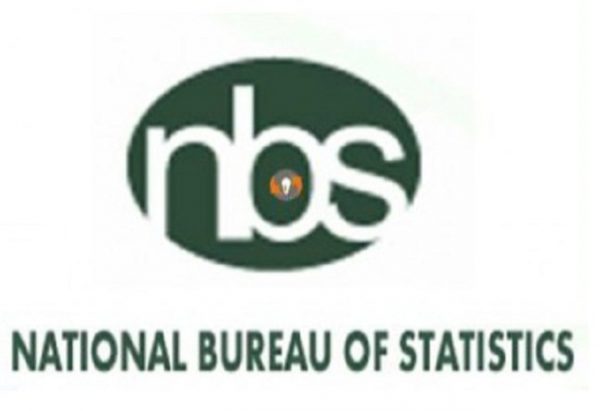Nigerian Banks’ Loans To Oil & Gas, Power, Other Sectors Drop By N411.8bn

The total credit from Nigerian banks to the private sector recorded a decline of N411.8 billion in the second quarter of 2019. This is contained in the banking sector report recently released by the National Bureau of Statistics.
According to the Bureau’s report, total credit from banks to the private sector dropped from N15.54 trillion in March 2019 to N15.13 trillion at the end of June 2019. This means the total credit granted by Nigerian banks to the private sector dropped by 2.6%.
The breakdown of the Bureau’s report shows total loans provided across key sectors of the economy. Specifically, in the second quarter of 2019, 10 out of 18 sectors witnessed decline in the total credit provided by the banks.
Top of the identified sectors that witnessed the biggest decline credit from banks is the oil and gas sector. During the period under review, the total amount of credit to the Oil and Gas sector stood at N4.39 trillion in June, as against N4.61 trillion in March 2019. This means loans to the Oil and Gas sector dropped by N222.8 billion in three months.
Also, the power and energy sector ranks high among sectors that witnessed a decline in total loans. Specifically, total loans to the power and power sector dropped by N57.7 billion. Basically, banks’ loans to power and energy sectors dropped from N393.2 billion in March to N335.5 billion in June 2019.
Other sectors that recorded decline in the amount of loans include trade/general Commerce (N25.5 billion), Education (N22.3 billion), Real Estate (N13.4 billion), Agriculture (N2.38 billion), Mining and Quarrying (N245.3 million).
The drop in the loans in these sectors suggest that banks have already begun reducing loans to the sectors that may be regarded as vulnerable due to rising non-performing loans. This can further be substantiated following the recent drop in non-performing loans in the banking industry.
According to the recent non-performing loaning report published on Nairametrics, the percentage of non-performing loans to the total loan dropped to a single digit of 9.30%, estimated at N1.44 trillion.
The latest drop in non-performing loan to a single digit makes it the first time percentage of non-performing loans to total gross loans dropped to a single digit since the fourth quarter of 2015.
A further breakdown shows that huge drop in non-performing loans was recorded in oil and gas, real estate sector, information and communication, transportation and storage.
Specifically, in terms of value, the oil sector, which controls the biggest NPLs across sectors, dropped by N193 billion at the end of June. The real estate sector ranks second declining by N96.4 billion.
The big drop in the NPLs was majorly from the oil sector and this may be traceable to the recent policy move by the Central Bank of Nigeria (CBN). In an earlier publication on Nairametrics, it was disclosed that the CBN had given a directive to commercial banks for the immediate suspension of interests on non-performing loans to oil marketers.
Similarly, the CBN has also granted Deposit Money Banks the approval to directly debit bank accounts belonging to loan defaulters across all banks in the country.
In order to redirect loans to the real sector, the CBN also recently issued a fresh circular mandating commercial banks operating in the country to lend out up to 65% of their customer deposits. While banks are working to achieve the new directive, a quick check into the banks’ credit report showed that the key sectors that recorded improvement in total loans by banks include information and communication, manufacturing and constructions.
In the meantime, as banks continue to drive down loans of sectors described as vulnerable while the loans are directed to the real sector, the CBN has stated its preparedness to help banks reduce the amount of failed loans in the financial sector.







